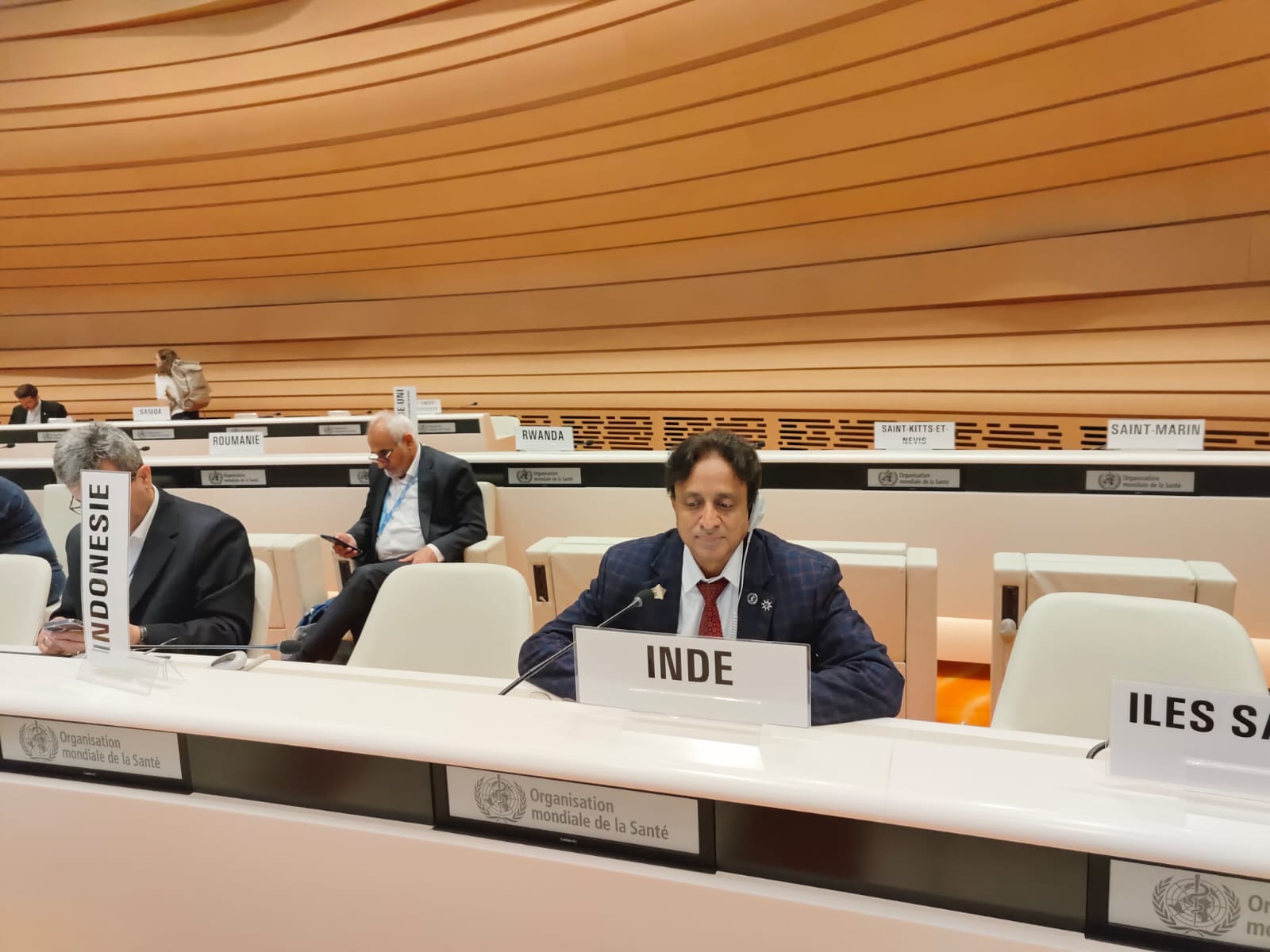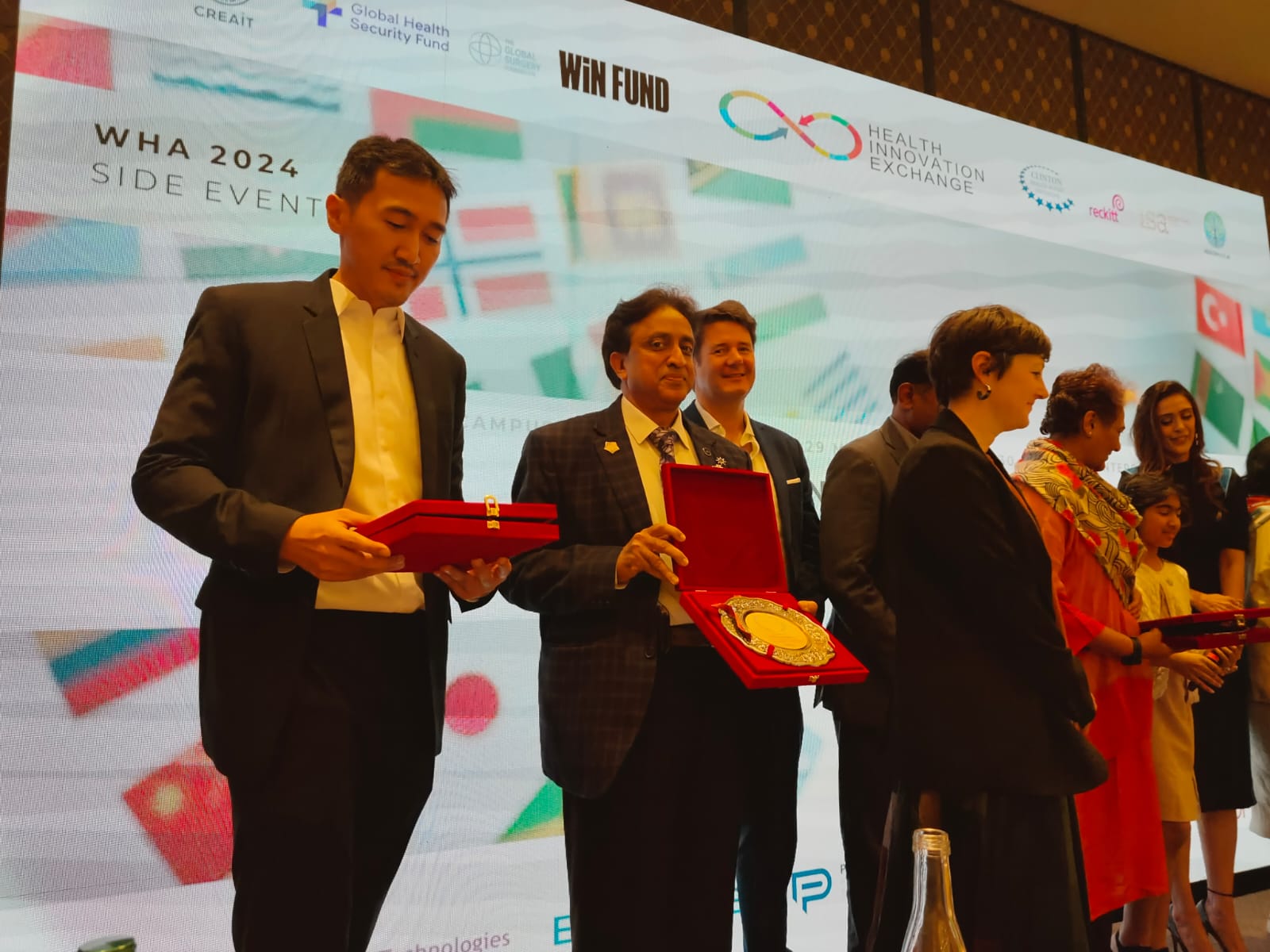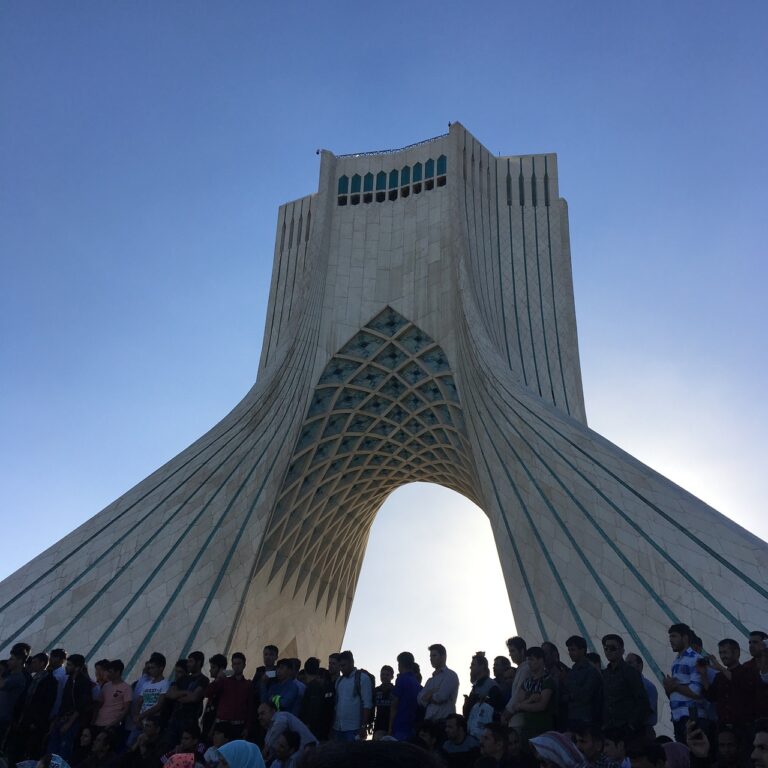
Dr SK Gupta at the 77th World Health Assembly
From May 27 to June 1, 2024, I returned to the World Health Assembly (WHA) for the second time, following my initial participation in 2023. This time I got the distinct privilege of participating in the 77th World Health Assembly (WHA). This event marked a significant milestone in my career and provided an unparalleled opportunity to engage with international health leaders. This gathering was a pivotal platform for shaping global health policies and fostering collective action against the world’s most pressing health challenges.
My journey began at the Permanent Mission of India, Geneva, where I engaged in critical discussions with the Indian Health Secretary and Additional CEO of the National Health Exchange. These conversations focused on India’s significant advancements in digital health and financial inclusivity. During this session, I raised concerns about the regulatory challenges in telemedicine, which prompted a personal invitation from the Health Secretary for an in-depth discussion at his office—a testament to the inclusive and collaborative spirit of the assembly.
Later, I attended an event hosted by Health Innovation Exchange during the WHA#77. This session was dedicated to strategizing on reaching the Global Diabetes Compact Goals, especially within lower-income countries and the Middle East. Here, I was honoured with a position on the jury by the Health Innovation Exchange to select the best health innovations. This jury selected two outstanding innovative ideas that stood out for their potential impact on health systems.
Following our selections, the board members of the Health Innovation Exchange conferred upon me the Health Innovation Exchange Special Award for my significant contributions during the COVID-19 pandemic in spreading knowledge with innovative ideas in COVID management, which reached millions of people.
My deliberations at WHA#77 focused around the impact of climate change on the spread of dengue and the need for development of resilient healthcare infrastructure. Changes in climate, such as rising temperatures and varying rainfall patterns, are expanding the habitats of mosquitoes, increasing the risk of diseases like dengue even in previously unaffected areas. My suggestion was to focus not only on preventive measures like reforestation (which can reduce carbon dioxide levels and moderate local climates) but also on developing sustainable and climate-resistant healthcare facilities. Such facilities need to be better equipped to handle increased disease burdens under more extreme weather conditions, ensuring that healthcare systems remain effective despite changing environmental conditions.
This holistic approach to health and environment is increasingly relevant as the effects of climate change become more pronounced worldwide. I am glad that my perspective in World Health Assembly#77 (WHA) was widely appreciated as forward-thinking.
A highlight of my participation was a visit to the United Nations Alley, the main venue of World Health Assembly#77, where I contributed to the “Wall of Hope”. I wrote about the looming threat of antimicrobial resistance, emphasizing its potential to become the next pandemic if not addressed with concerted efforts by all nations. This message underlines the urgency of global collaboration to combat superbugs that threaten human life.
I was also Invited by Marianne Comparet, Director of the International Society for Neglected Tropical Diseases to deliberate my views on the topic, “Harnessing dengue and other arboviruses in a challenging world: a gateway to international cooperation on global health threats”.
The series of meetings and discussions culminated in a visit to Oslo on the invitation of an influential Member of Parliament of Oslo. This meeting expanded my perspective on the international health landscape, emphasizing the vital role of global cooperation in addressing health crises. We discussed how India can contribute to solving the shortage of healthcare staff nurses in Europe.
Reflecting on my participation in the WHA from May 28 to June 1, 2024, I am inspired by the collective resolve and the dynamic exchange of innovative solutions. I am deeply committed to leveraging this experience to influence health policies and ensure our collaborative efforts resonate globally, advancing health security and equity worldwide.
*Dr. Satish K Gupta is a Fellow of Royal College of Physicians, London. He is an MD in Medicines, a Visiting Senior Consultant Physician and Internist at Max Super Speciality Hospital, and a Clinical Assistant Professor at GS Medical College, Chaudhary Charan Singh University, Meerut. He is the author of Journey of COVID in India: A Doctor’s Perspective.







